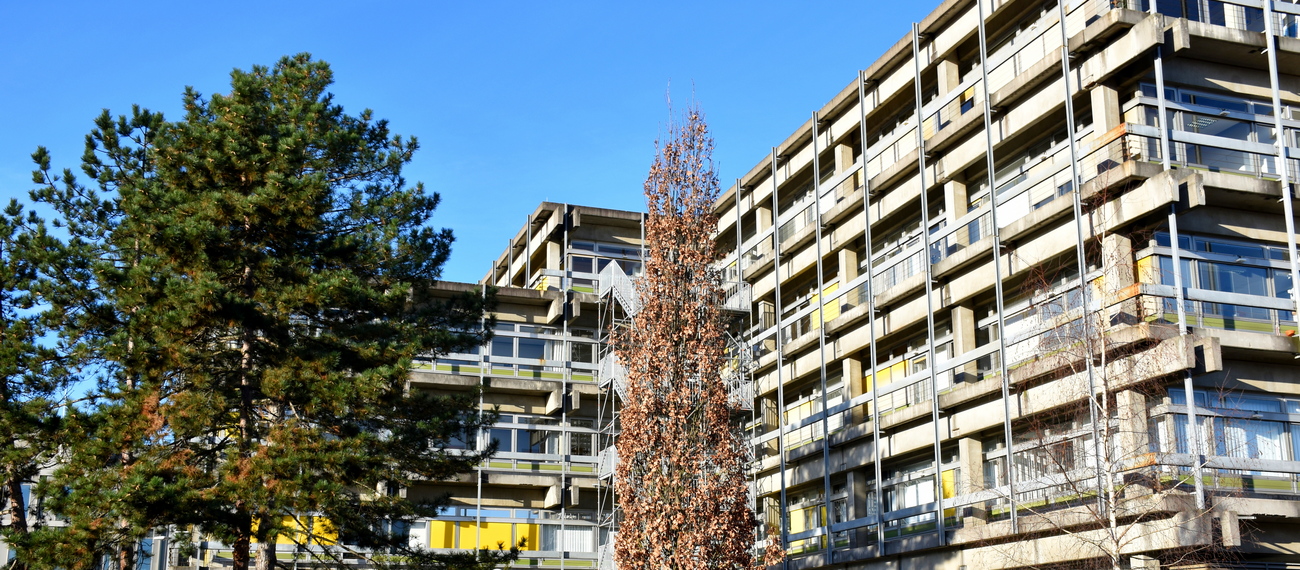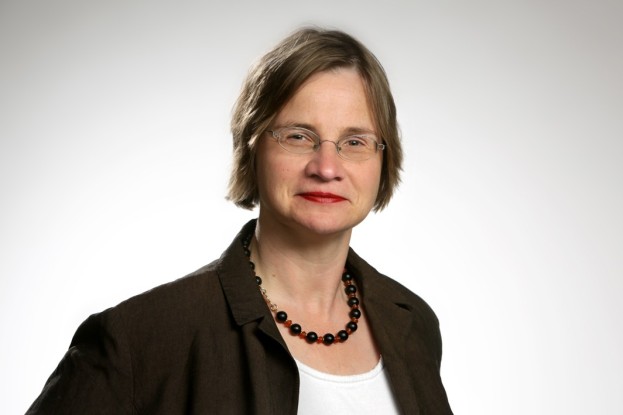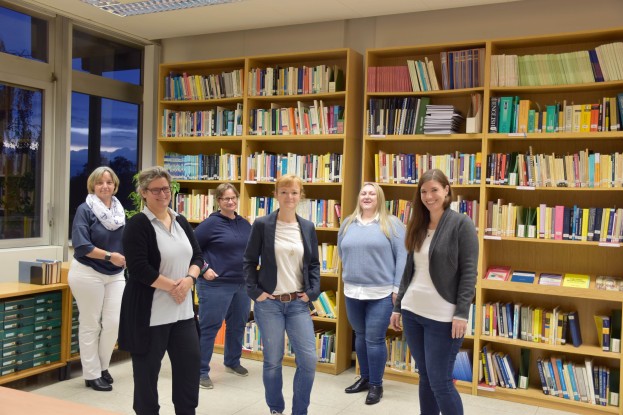If you have questions
If you are an international student and have questions regarding the application process for the M.Sc. Mathematics, please contact exclusively application@mathematik.tu-…!
International atmosphere
The Technical University of (TU) Darmstadt is one of the leading technical universities in Germany (member of the German TU9 network). Outstanding fields of research with a focus on interdisciplinary and excellent practical oriented teaching, makes us an attractive place to study for students from all over the world. It also qualifies our students for demanding jobs in in the fields of Engineering and Business. With a degree from TU Darmstadt you have the some of the best job perspectives because our graduates are held in high esteem within the business world. In the world wide QS Graduate Employability Ranking TU Darmstadt is among the top 70 universities.
The Department of Mathematics is one of the largest mathematical departments in Germany. Our more than 1000 students value and appreciate the excellent and intensive support by their lecturers, wide range of specialization opportunities and research fields as well as our interdisciplinary and international oriented teaching methods. Further-more, we work closely with other disciplines within TU Darmstadt such as Engineering, Natural and Computer Sciences but also Social Sciences and Humanities.
Mathematics in Data Science
You will focus on two specialisations in the areas of analysis, numerics, optimisation or stochastics. The offered specialisation courses in the upcoming semesters can be found in this table (opens in new tab) .
In two seminars, also chosen from the four mathematical research areas, you will deepen your knowledge from the specialisation areas on the basis of a concrete research topic. Usually, this results in topics for the Master's thesis.
The Electives area includes the additional courses in mathematics, which offers the opportunity to get to know further mathematical areas or to supplement the selected specialisations, and the compulsory minor in computer science.
The interdisciplinary area includes the interdisciplinary elective area, which gives you the opportunity to gain practical experience, for example, through an external internship or holding an exercise group. The interdisciplinary area also includes the Studium Generale: this offers the opportunity to look into completely different areas of the academic world or to acquire further interdisciplinary skills. This also includes the module “Mathematical Management Consulting”.
The mathematical entrance competencies can be seen on the site "Mehr erfahren
We will be offering the Data Science degree programme for the first time from the winter semester 2024/25.
You will focus on two specialisations in the areas of analysis, numerics, optimisation or stochastics. The offered specialisation courses in the upcoming semesters can be found in this table (opens in new tab) .
In two seminars, also chosen from the four mathematical research areas, you will deepen your knowledge from the specialisation areas on the basis of a concrete research topic. Usually, this results in topics for the Master's thesis.
The Electives area includes the additional courses in mathematics, which offers the opportunity to get to know further mathematical areas or to supplement the selected specialisations, and the compulsory minor in computer science.
The interdisciplinary area includes the interdisciplinary elective area, which gives you the opportunity to gain practical experience, for example, through an external internship or holding an exercise group. The interdisciplinary area also includes the Studium Generale: this offers the opportunity to look into completely different areas of the academic world or to acquire further interdisciplinary skills. This also includes the module “Mathematical Management Consulting”.
The mathematical entrance competencies can be seen on the site "application and admission “.
application and admission”.











